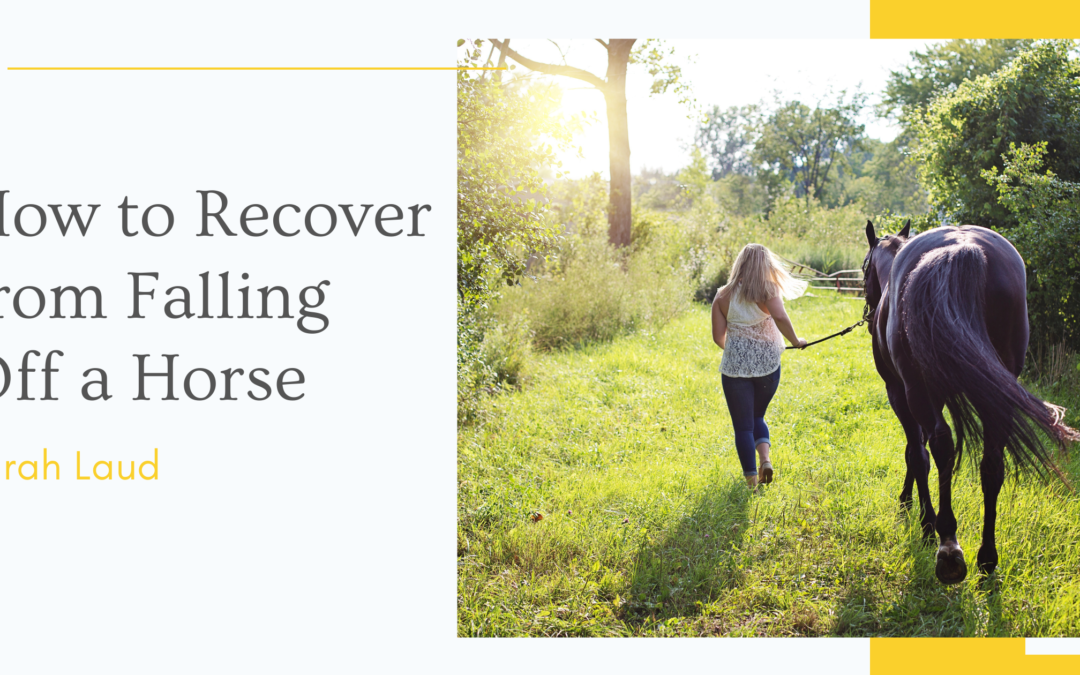There is a valuable maxim that one traveler learned from riding with Mongolians: “You know how to fall off your horse, but you also know how to get up. It’s just like life.”
Causes of Equestrian Accidents
With risk always possible in riding a horse, falls from the saddle will occur. If their inexperience or recklessness has caused the accident, riders should not blame the animal or fear it. However, if the horse is green broke or has bad behaviors, it may throw the rider or deliberately run too close to a fence or tree, scraping the rider’s leg. The horse may also run under a low-hanging branch causing the rider to fall out of the saddle. Such actions often result in people’s trepidation about remounting a horse. However, a more experienced rider who is alert will steer a horse away from such obstacles.
How to Deal with an Accident
Riders need to understand that even the most experienced equestrian takes at least one fall sometimes. A horse can jump sideways as a prey animal, stumble or rear up unexpectedly if startled by what it senses as a threat. So, the blame for this behavior is neither on the horse nor the rider. However, it is a young horse or one not well-trained or an inexperienced rider that causes the fall or accident. If the injury sustained by the rider is severe enough that he or she is unable to ride for a while, fear of another accident can take hold of that rider and possibly cause more harm.
Having Confidence and Gaining Experience
After having an accident, riders must learn to remove their fears or anxiety and any physical impediments to their success as an equestrian. After all, other athletes fall and get hurt, and they also experience fear of losing the place in the world they most enjoy. Fortunately, there are ways for riders to regain their confidence and delight in riding. Here are steps for psychological healing that will put a rider “back in the saddle again,” as the old song by Gene Autry goes. Interestingly, the hard rock band Aerosmith also used this same title with original lyrics, such as these: “I’m calling all the shots tonight.” This line conveys confidence. Sometimes, singing such a line and others like these provides therapy for rebuilding one’s assuredness.
Positive Self-Imagery and Confidence
Being confident in one’s performance as a rider and comfortable with one’s horse lead to both horse and rider attaining the goals that have been set. The horse can sense such assuredness through its rider’s touch and attitude, who believes that success if possible. Many owners or riders believe in this unspoken communication of rider and horse.

